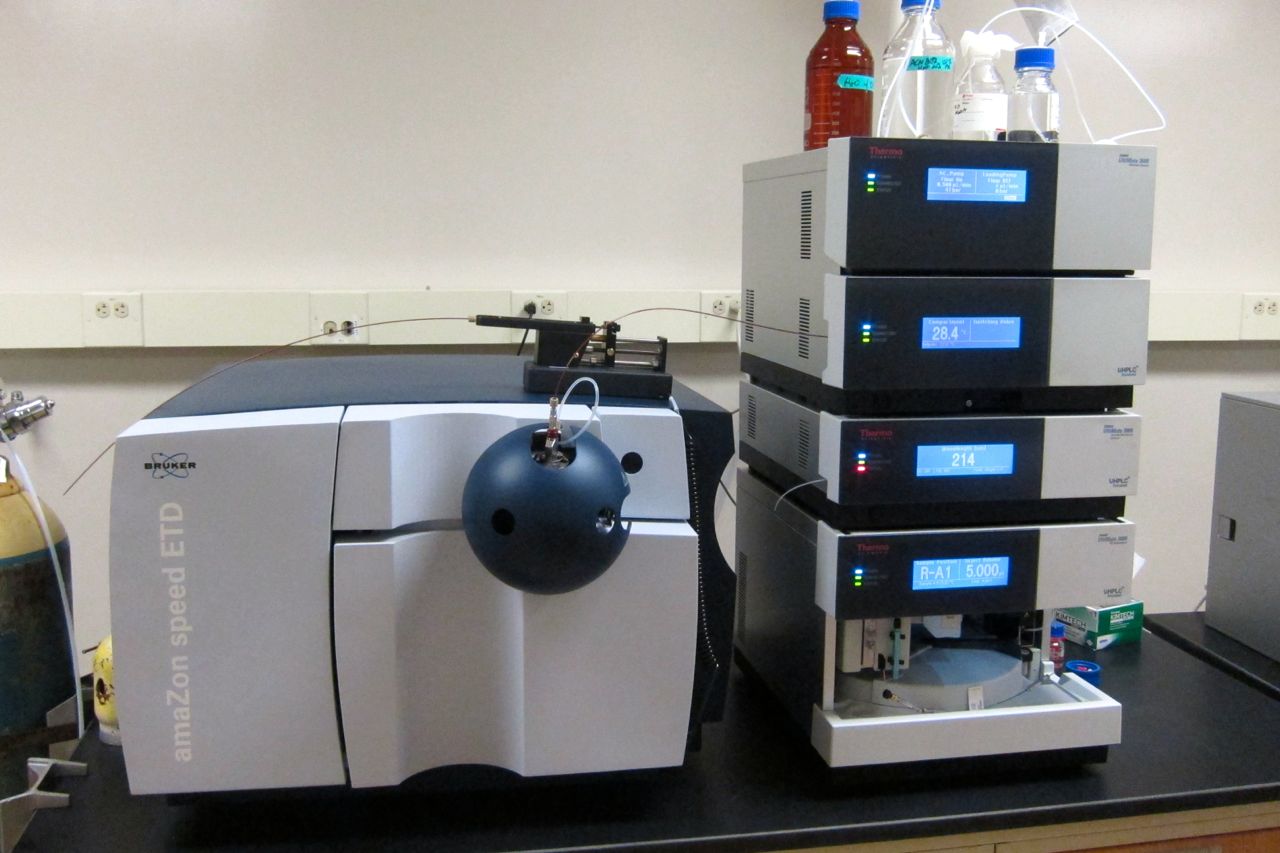Pheochromocytomas: A Diagnostic Challenge
Pheochromocytomas are tumors of the adrenal gland that can be difficult to diagnose because they cause a variety of symptoms that can also be caused by other conditions. These symptoms include high blood pressure (hypertension), heart palpitations, headaches, and sweating. Pheochromocytomas can be either sporadic (occurring by chance) or part of a genetic syndrome. Early and accurate diagnosis is important because these tumors can lead to life-threatening complications.
For more about Pheochromocytomas you can watch this video :
Metanephrines: Biomarkers for Pheochromocytoma
Metanephrines are substances produced when the body breaks down hormones called catecholamines. Doctors measure metanephrine levels in urine to help diagnose pheochromocytomas. In the past, less sensitive methods were used to measure metanephrines, which could lead to missed diagnoses.
LC-MS/MS: A More Accurate Method
Liquid chromatography-tandem mass spectrometry (LC-MS/MS) is a technique that can separate and measure metanephrines very precisely. This allows doctors to detect even small amounts of metanephrines in the urine, which can help to diagnose pheochromocytomas earlier and more accurately.
Benefits of LC-MS/MS for Pheochromocytoma Diagnosis
LC-MS/MS allows doctors to track metanephrine levels over time, which can be helpful in diagnosing and managing pheochromocytoma. By detecting small amounts of metanephrines, LC-MS/MS can help doctors intervene earlier and prevent complications.
The Future of LC-MS/MS for Pheochromocytoma Diagnosis
Researchers are continuing to improve LC-MS/MS methods for metanephrine analysis. This includes making the tests even more sensitive, faster, and easier to use. They are also working to develop standardized protocols for using LC-MS/MS in pheochromocytoma diagnosis.
Conclusion
LC-MS/MS is a significant advance in the diagnosis of pheochromocytoma. This technology provides more accurate and sensitive measurements of metanephrines, which leads to earlier diagnoses and better management of these rare tumors. Continued research will help to further improve the use of LC-MS/MS in pheochromocytoma diagnosis.
tunesharemore_vert
